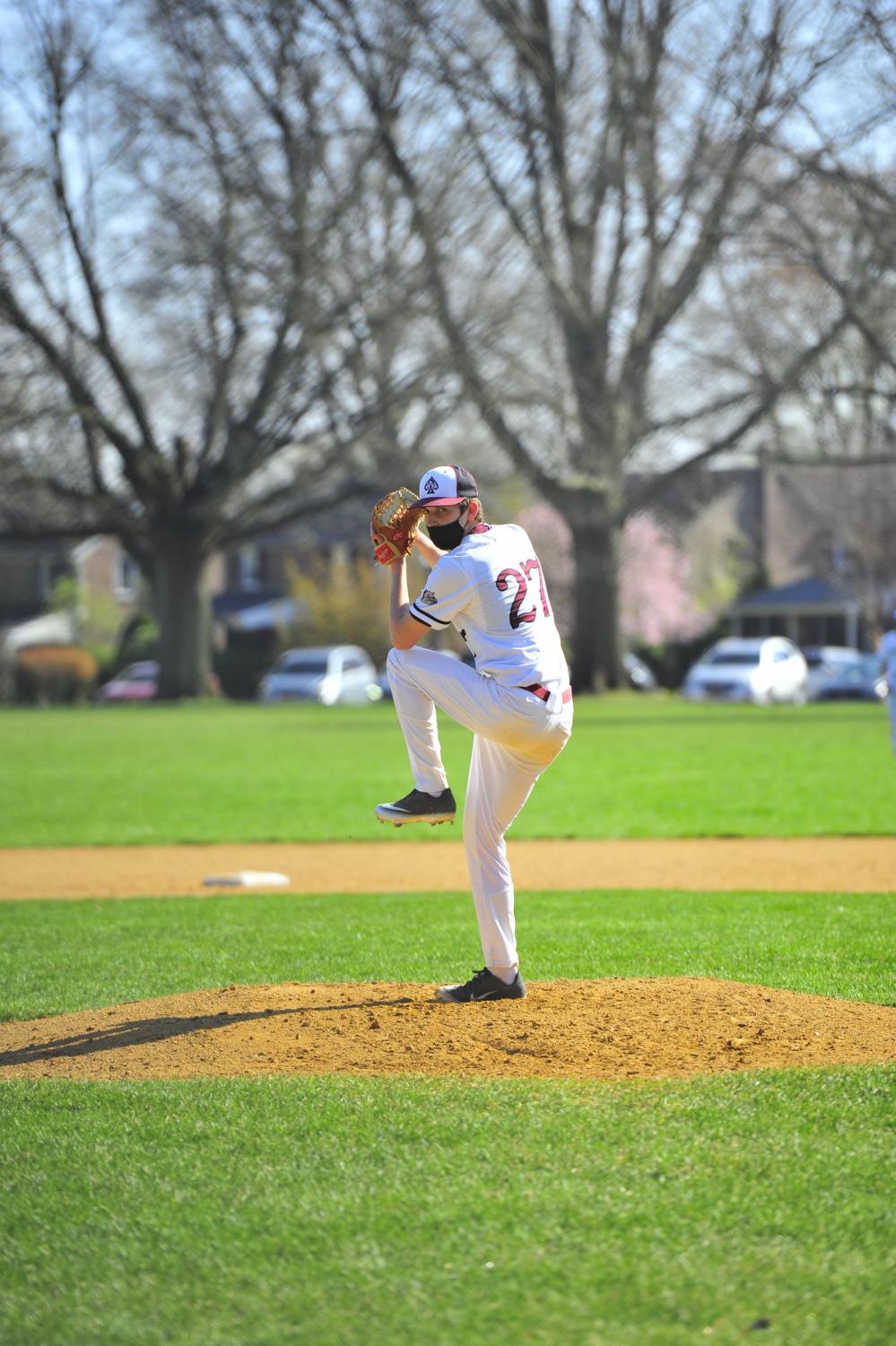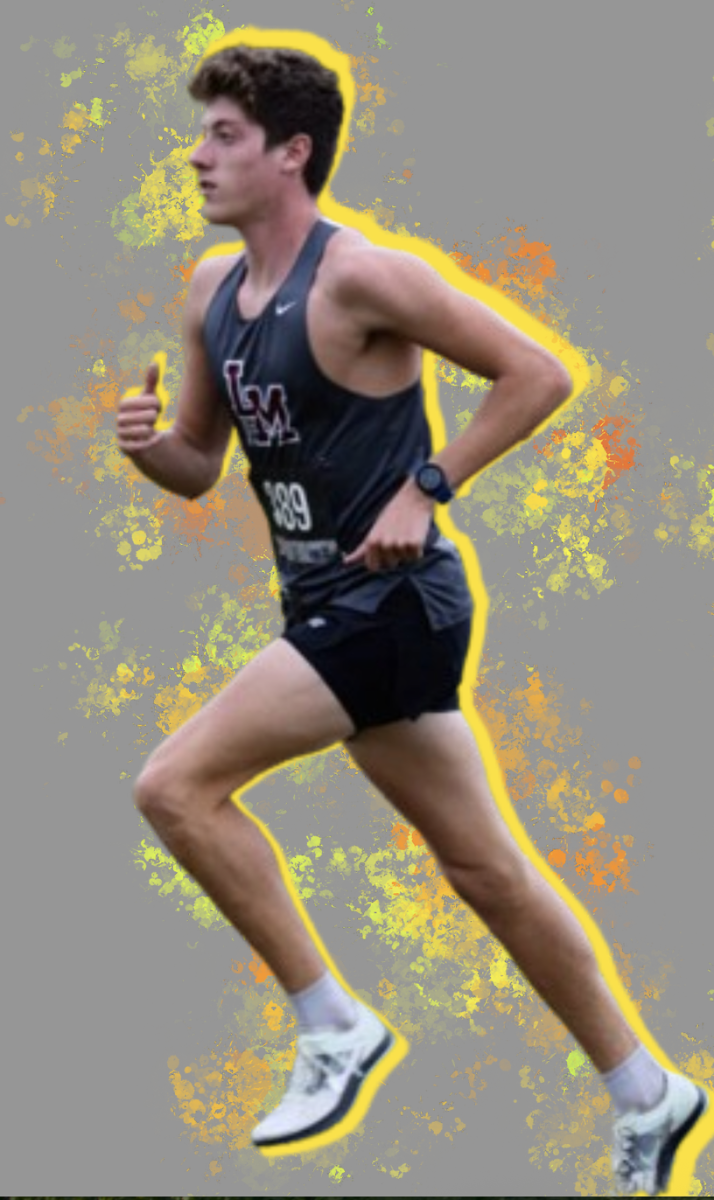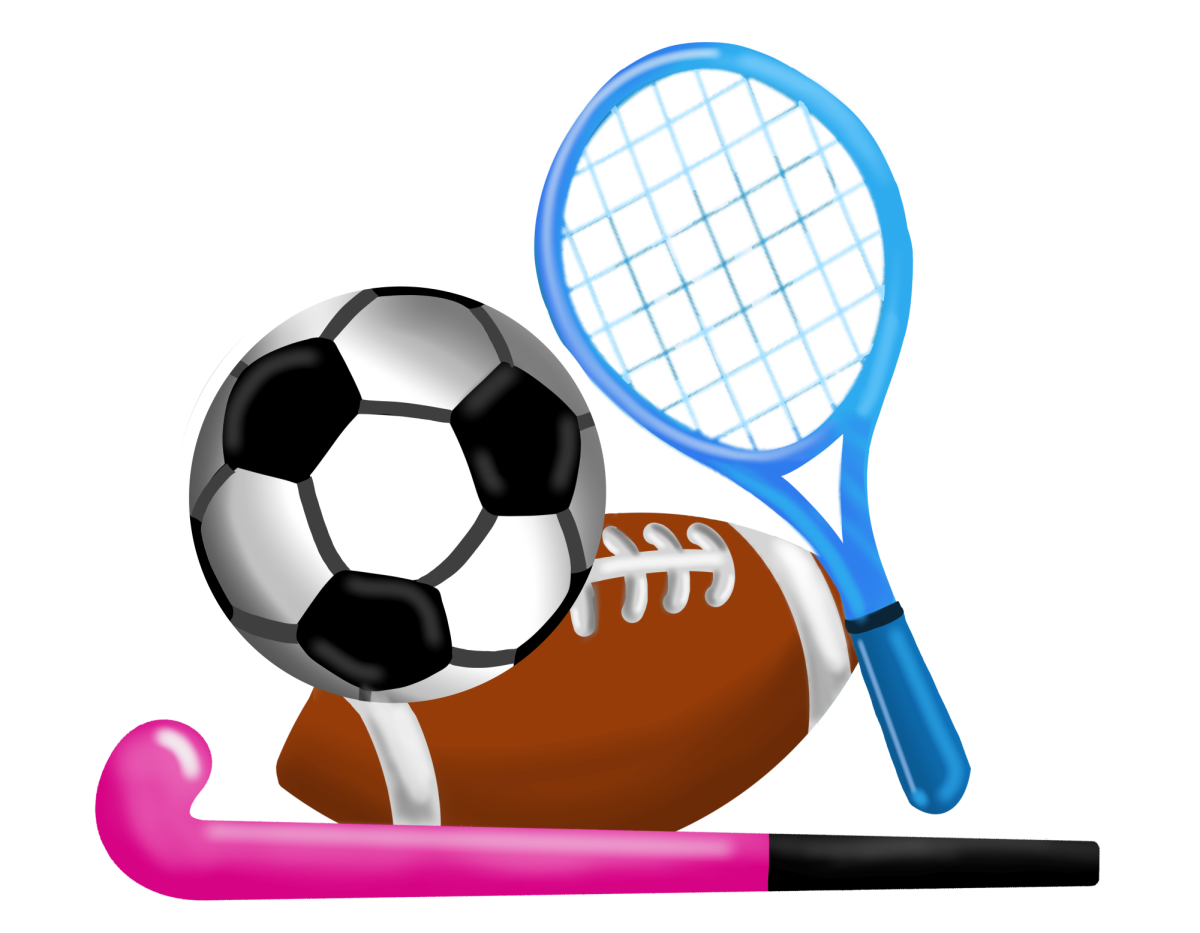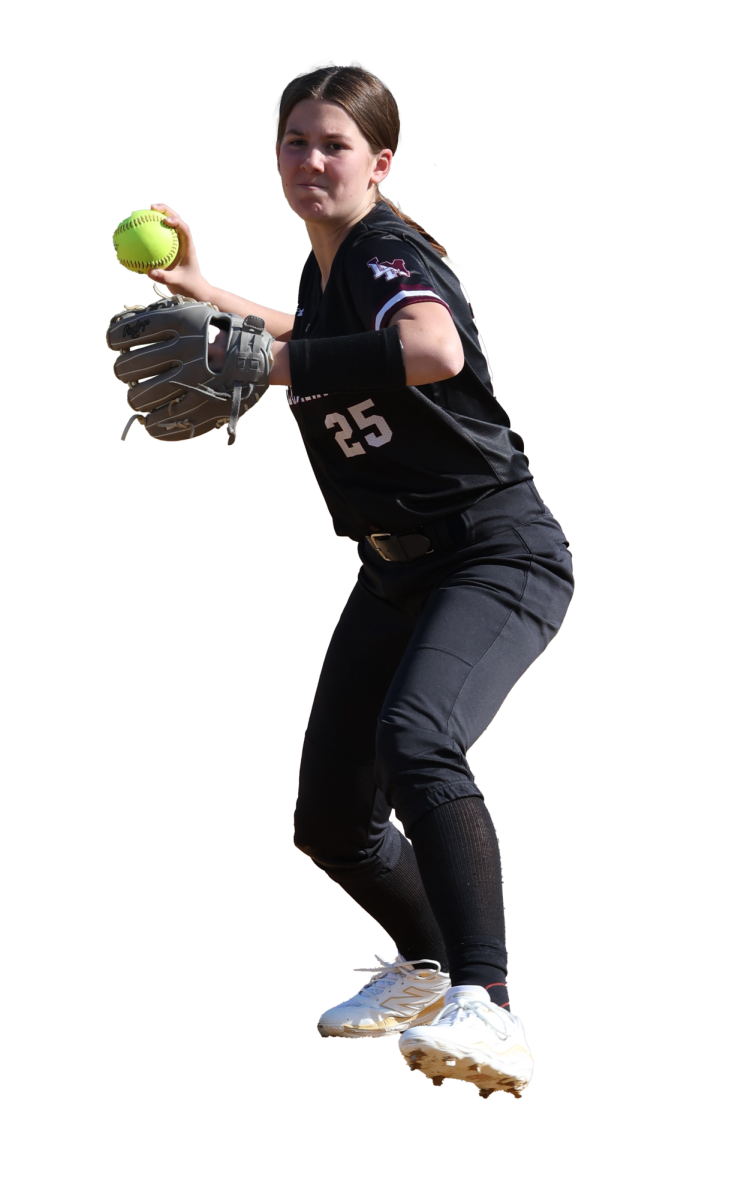
In a year marked by protests from LM sports teams for their right to compete for a state championship while undergoing weekly COVID-19 testing, restrictions have varied from season to season. Prior to the school year, many discussed the implications of the pandemic on school sports and whether case counts would permit athletic seasons. Some argued that a sports season would be difficult or was unnecessary due to the potential for community spread. Although COVID-19 outbreaks forced teams such as boys’ varsity basketball to “steal” members of their JV roster for several competitions, all three sports seasons have been able to continue. Arguments against sports gained even more traction as winter continued, leading to mandatory COVID-19 testing for all student-athletes. While the COVID-19-cautious have argued against a year of sports, athletics have persisted—somewhat successfully—nevertheless.
At the beginning of the fall sports season, prior to each practice, a coach or school nurse volunteer would take the temperature of each student-athlete prior to every practice. They were checked for any symptoms via a questionnaire and would be sent home if any suspicious ones could point to a possible COVID-19 infection. However, following this initial screening, masks were not required during exercise when distancing could be maintained. The statement of “masks not being required” ended up leading to pervasive unmasking and higher rates of infection.
As case counts rose towards the beginning of November, masks became required for all athletes. Ever since this rule was established, masks have been required for students, save for a few exceptions, including wrestlers on the mat and swimmers in the pool. By far the trickiest season to work around COVID-19 infections was the winter. Athletic Director Jason Stroup describes how, at one point, “having a winter season was doubted” due to many regulations from both the school and state. Stroup notes that “a wrench was thrown” into the winter sports season as the state shut down K-12 athletics for a brief period during the winter. The dubious outlook on the season stemmed from this break in athletic activity and semi-lockdown that all students had to abide by.
Unlike the fall season, winter and spring athletes are now required to get tested weekly. In order for a player to be eligible to play a spring sport, a negative test is required (barring other exculpatory reasons).
It remains to be seen what next season will hold for athletes. With most high schoolers over the age of sixteen, much of the LM population is eligible to be vaccinated. As the FDA approves vaccines for younger age groups, the entire LM community could soon be available for immunization against the virus, which begs the question of whether a vaccine will be required for fall athletes to participate in their respective sports when school starts up again this coming September. Many states, including Pennsylvania, already require vaccines for more common diseases in order to enroll in schools. This policy, coupled with tests already being required for spring athletes, might warrant a future requirement for COVID-19 vaccines. However, discussions have not yet commenced in regards to a mandate for students. There are other decisions that must be made first, and Stroup is still unsure whether there will be a requirement on masks this coming season, or even what some of this year’s restrictions will look like as vaccination opportunities become more and more accessible for spring athletes. Stroup mentions that the Athletic Department will “monitor the information that [they] have both at the school and district level.” Referring to a possible relaxation of restrictions this spring season and heading into next fall, Stroup notes, “If there’s an opportunity to do that, we should continue to look at that.” A year of LM athletics marked by uncertainty will continue to the very end, as drastic weekly changes in case numbers can influence the decisions made in regard to restrictions. Encouragingly, possibilities of more normalcy in sports aren’t too far-fetched for the final stretch of the spring sports season, meaning next season could restore another aspect of LM life to its pre-pandemic standards.







